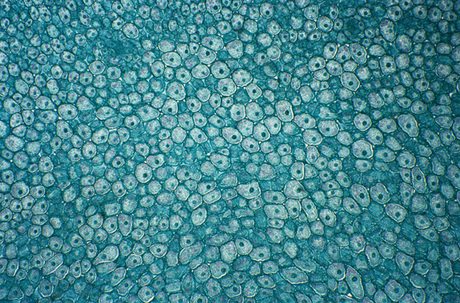Mesoblast gets FDA all-clear for arthritis stem cell trial

The FDA has approved Mesoblast’s (ASX:MSB) application to conduct a phase II trial of its mesenchymal precursor cells to treat rheumatoid arthritis.
Mesoblast (ASX:MSB) has secured US FDA approval for a phase II trial of its adult stem cells to treat rheumatoid arthritis (RA).
The company now expects to commence a trial of its allogenic Mesenchymal Precursor Cells (MPCs) in patients with active RA in the second quarter.
The randomised, double-blind, placebo-controlled study will be conducted simultaneously at sites in the US and Australia. It will involve 48 patients who have demonstrated an incomplete or inadequate response to biologic TNF-alpha inhibitors.
The effect of a single intravenous dose of MPCs at a level of 1 or 2 million per kilogram will be compared against placebo controls. Both efficacy and safety will be measured.
Standards RA treatments including TNF inhibitors target only single immune pathways, often require chronic administration and are associated with side effects including increased risk of infection.
Mesoblast’s patent-protected MPCs instead simultaneously inhibit the TNF-alpha, IL-6 and IL-I7 cytokine pathways involved in inflammation and autoimmunity.
The company made the decision to proceed to human RA trials in July last year, after a successful animal trial. In this pilot study, sheep receiving the largest dose of MPCs demonstrated an 88% mean reduction in IL-6 levels, an 83% decline in TNF-alpha levels and a 52% reduction in IL-I7 levels.
Mesoblast revealed earlier this month that it also plans to move to phase III trials of NeoFuse - a spinal fusion treatment based on its MPCs - after presenting positive results from a phase II trial. The trial will be conducted in Australia, the US and Europe.
Mesoblast (ASX:MSB) is trading up 3.8% to $5.78 as of around 2 pm Wednesday, outperforming the broader All Ordinaries during the day.
Mini lung organoids could help test new treatments
Scientists have developed a simple method for automated the manufacturing of lung organoids...
Clogged 'drains' in the brain an early sign of Alzheimer’s
'Drains' in the brain, responsible for clearing toxic waste in the organ, tend to get...
World's oldest known RNA extracted from woolly mammoth
The RNA sequences are understood to be the oldest ever recovered, coming from mammoth tissue...



